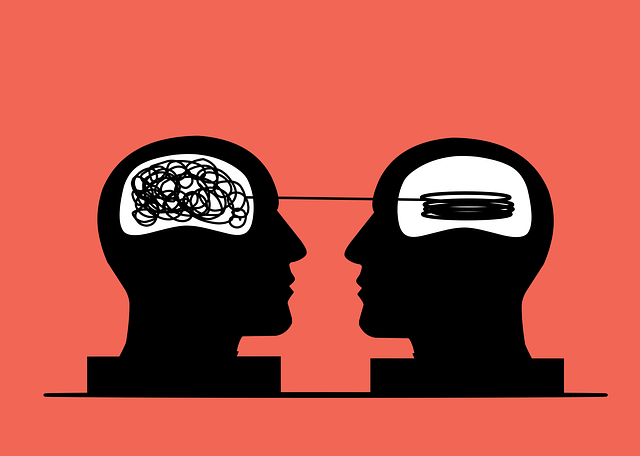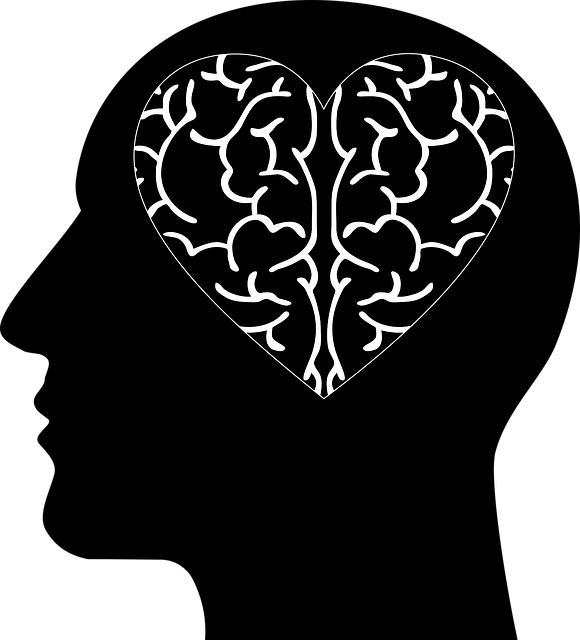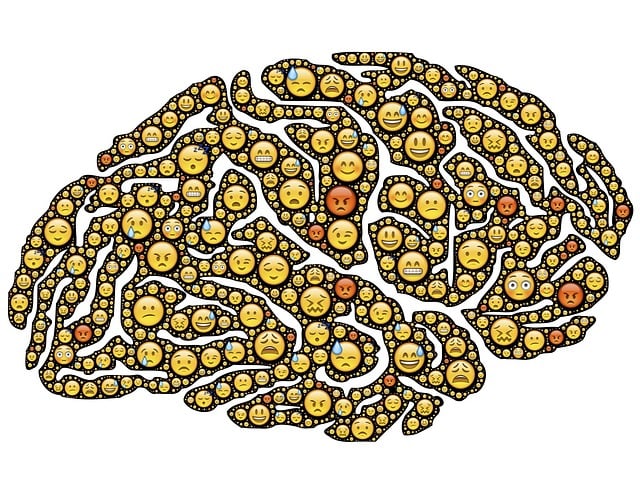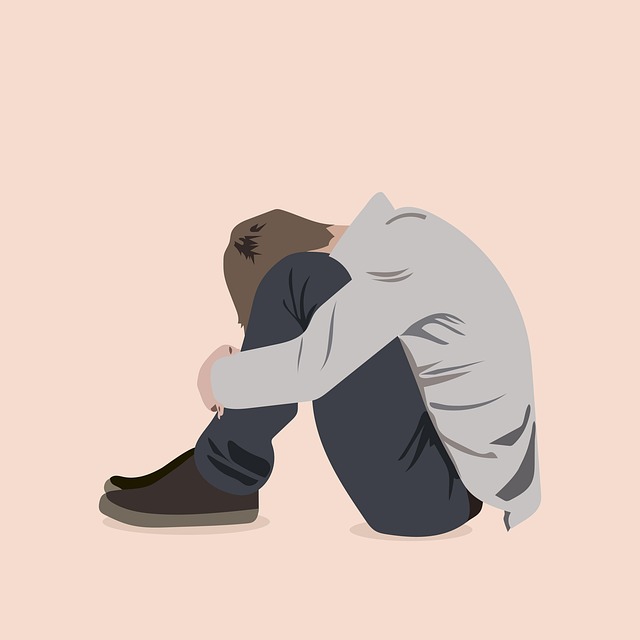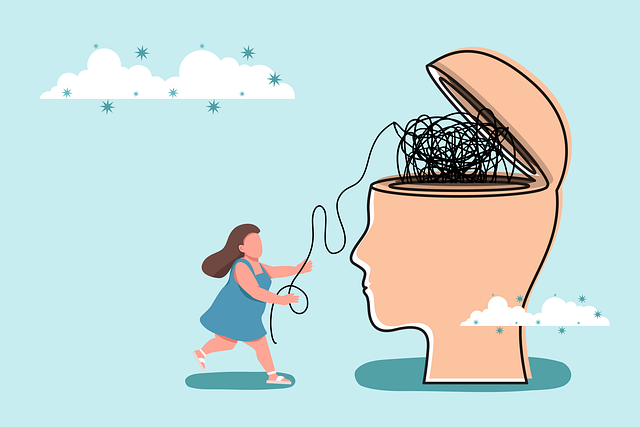Lone Tree Sexual Abuse Survivor Therapy offers a holistic approach to healing from trauma, loss, and grief, empowering individuals to process intense emotions, manage stress, and rebuild their lives. Through specialized counseling, cognitive-behavioral therapy, mindfulness techniques, and group support, clients develop emotional intelligence, self-esteem, and healthy coping mechanisms while navigating their unique journeys of healing with compassion and resilience.
Loss, grief, and bereavement are profound experiences that can deeply impact an individual’s mental health. This comprehensive guide explores these complex topics, offering insights into understanding and managing difficult emotions following a significant loss. We delve into the effects of traumatic loss, highlighting the importance of counseling as a powerful support system. Furthermore, we introduce Lone Tree Sexual Abuse Survivor Therapy, a specialized approach designed to assist survivors in their grieving process and journey towards recovery.
- Understanding Loss, Grief, and Bereavement: A Comprehensive Overview
- The Impact of Traumatic Loss on Individuals: Navigating Complex Emotions
- Counseling as a Support System: Therapeutic Approaches for Healing
- Lone Tree Sexual Abuse Survivor Therapy: A Specialized Approach to Grieving and Recovery
Understanding Loss, Grief, and Bereavement: A Comprehensive Overview

Understanding loss, grief, and bereavement is a complex journey that involves acknowledging and processing deep emotions. When someone experiences the death of a loved one or faces traumatic events like sexual abuse, it can lead to profound feelings of sorrow, anger, confusion, and even despair. This process, often referred to as grief, is a natural response to loss and is unique for each individual. It’s not simply about crying over the dead but also involves navigating a myriad of emotions and adapting to life without the presence of a significant person or experience.
Lone Tree Sexual Abuse Survivor Therapy emphasizes the importance of creating a safe space for individuals to explore these complex feelings. Beyond providing support, counseling sessions aim to empower clients through stress management workshops, emotional intelligence development, and self-esteem improvement activities. These tools are crucial in helping individuals process grief, regain control, and cultivate resilience as they navigate their personal journeys of healing and recovery.
The Impact of Traumatic Loss on Individuals: Navigating Complex Emotions

Loss, grief, and bereavement can significantly impact individuals, especially when faced with traumatic circumstances. When a person experiences the sudden or unexpected loss of a loved one, it triggers a myriad of complex emotions that can be challenging to process. This is particularly true for those who have endured prior traumas, such as sexual abuse, as they may face unique and intense emotional responses.
For instance, a Lone Tree Sexual Abuse Survivor Therapy client might find themselves grappling with feelings of anger, guilt, or even fear when dealing with the loss of a family member. The trauma they’ve experienced can make coping mechanisms less effective, leading to prolonged and severe forms of grief. Professionals in mental health services must understand this intricate relationship between traumatic loss and emotional reactions. Through risk assessments and tailored support, they can guide clients towards developing healthy self-care routines for better mental health management, ensuring individuals navigate these complex emotions with compassion and care.
Counseling as a Support System: Therapeutic Approaches for Healing

Counseling offers a powerful support system for individuals navigating loss, grief, and bereavement. It is a safe space where emotions can be expressed and explored freely. Through therapeutic approaches tailored to each person’s unique needs, counselors facilitate healing by helping clients understand and process their feelings. This process involves creating a sense of safety, fostering open communication, and teaching effective coping strategies.
For survivors of sexual abuse in Lone Tree, counseling can provide much-needed support, especially when dealing with the aftermath of trauma. Therapeutic methods may include evidence-based practices such as cognitive-behavioral therapy (CBT) to challenge negative thought patterns, mindfulness techniques for stress reduction and emotional regulation, and even group therapy to foster a sense of community and shared experiences. By addressing underlying issues and enhancing emotional intelligence, counseling empowers individuals to heal, rebuild their lives, and develop healthy coping mechanisms for the future.
Lone Tree Sexual Abuse Survivor Therapy: A Specialized Approach to Grieving and Recovery

Lone Tree Sexual Abuse Survivor Therapy offers a specialized approach to addressing the complex needs of individuals who have experienced sexual abuse and its subsequent grief. This type of therapy goes beyond traditional counseling by providing a safe and non-judgmental space for survivors to process their trauma, often intertwined with feelings of shame and guilt. The program is designed to help clients navigate the emotional landscape of sexual abuse, promoting healing through various evidence-based techniques tailored to their unique experiences.
By focusing on the specific challenges faced by sexual abuse survivors, this therapy aims to reduce the stigma surrounding mental illness that often perpetuates a culture of silence. Through supportive and empowering strategies, it encourages individuals to develop healthy coping mechanisms and rebuild their sense of self-worth. The goal is not just to manage symptoms but to foster resilience, enabling survivors to move forward with a renewed sense of empowerment and positive thinking about their future.
Loss, grief, and bereavement are complex experiences that can profoundly impact an individual’s well-being. Understanding these processes is crucial in providing effective support, especially for those who have endured traumatic losses like sexual abuse. Lone Tree Sexual Abuse Survivor Therapy offers a specialized approach, combining therapeutic techniques to navigate complex emotions and foster healing. By recognizing the unique challenges of grief and implementing evidence-based practices, counseling becomes a powerful tool in helping individuals find solace and rebuild their lives after loss.



